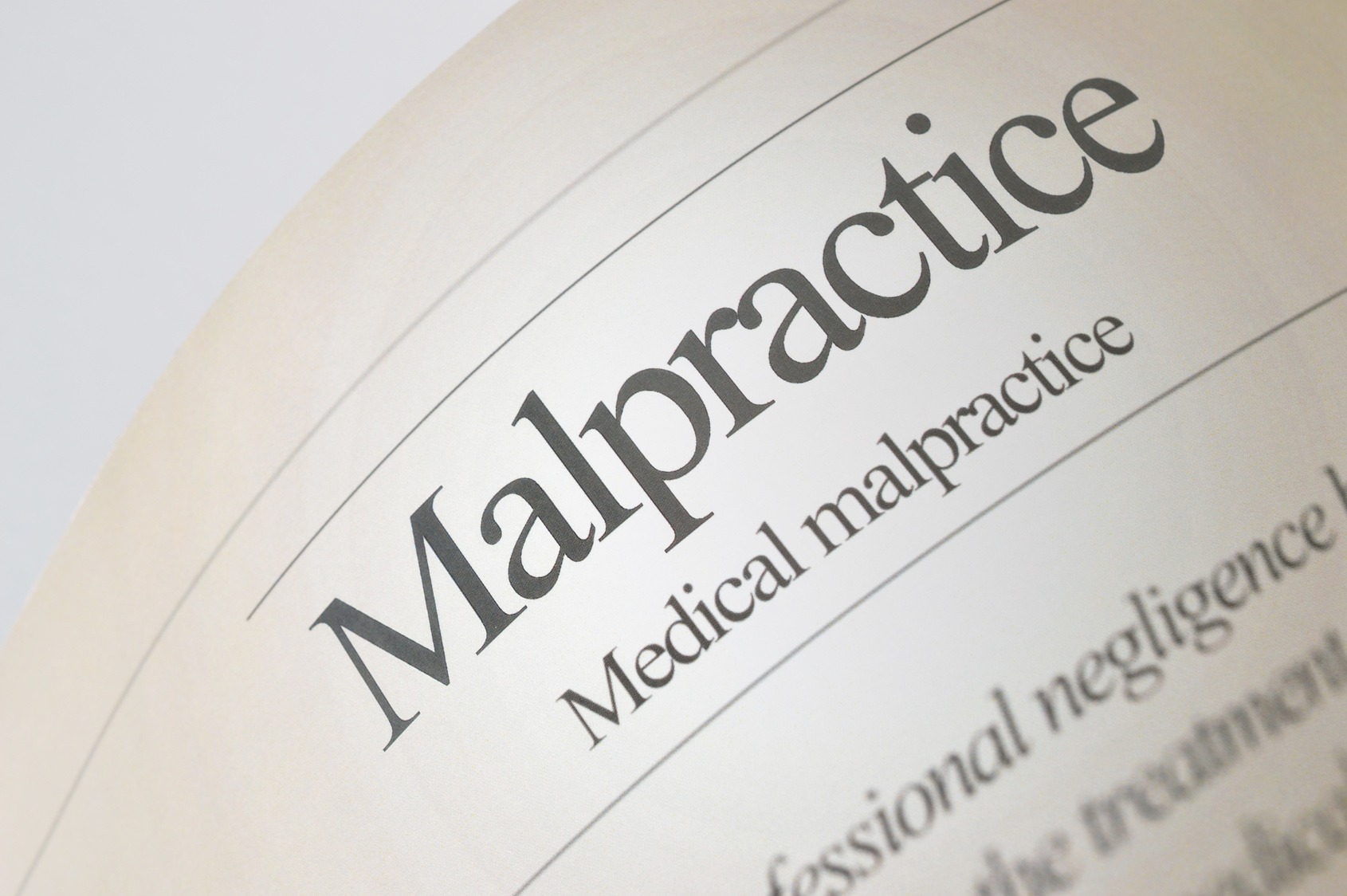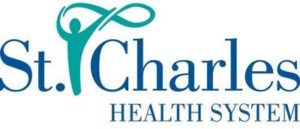 Learn the definition of loss of consortium in the context of medical malpractice law.
Learn the definition of loss of consortium in the context of medical malpractice law.
Loss of consortium refers to the inability of a medical malpractice victim to have a healthy marital relationship following their injury. Many people use “loss of consortium” interchangeably with “loss of sexual pleasure” or “loss of sexual function,” but the term is more comprehensive to refer to any loss of a spouse’s ability to fulfill the expectations of a marital relationship.
In the context of a medical malpractice lawsuit, loss of consortium is considered a non-economic damage, meaning it is not tied to actual financial depletion. Even though the loss of consortium does not involve monetary loss, you are still eligible to recover compensation for it, though many states cap non-economic damages in medical malpractice cases.
A medical malpractice lawyer can go over the rules in your state and what to expect. Call 888-526-8947 for a free case evaluation.
Examples of Loss of Consortium
The most common example of a loss of consortium and the one that comes to most people’s minds who are familiar with the term is the loss of sexual intimacy within a marital relationship.
To give an example, suppose a man goes in for a vasectomy, and the doctor ruins the procedure and costs the patient erectile function. Since he and his wife can no longer enjoy the sexual relationship they had before, he has grounds to recover loss of consortium damages in a malpractice lawsuit against the doctor.
More Than Just Sexual Intimacy
In a situation such as this one, the damage to the couple’s relationship might go deeper than the loss of the physical act of intimacy. The husband, for example, may develop depression over his inability to perform. The onset of the husband’s depression may cause the relationship may deteriorate further, and the husband may stop fulfilling other expectations of a spouse, such as providing love, care, and affection. This also qualifies as a loss of consortium.
Economic vs. Non-Economic Damages
Since it does not involve monetary depletion, loss of consortium is a non-economic damage. Damages that are economic in nature include items such as medical expenses, lost wages, reduced earning capacity, and prescription drug costs — things that either cost money or prevent you from earning money you otherwise would have received.
Most states do not cap economic damages in medical malpractice cases, but they do place limits on non-economic damages to keep malpractice insurance and health care costs down. A medical malpractice lawyer can explain the rules of your state and help you recover the most in non-economic damages you can.
Call 888-526-8947 for a Free Medical Malpractice Case Evaluation with Newsome | Melton
The medical malpractice lawyers at Newsome | Melton want to help you recover damages for injuries resulting from a health care provider’s negligence. We are eager to speak with you and get started on your case. For a free case evaluation, call our office today at 888-526-8947
Loss of Consortium - Frequently Asked Questions

Aortic dissection is a life-threatening situation in which there is a tear within the layers of the wall of the aorta. The aorta is the major artery that carries blood out of the heart. Symptoms of Aortic Dissection The symptoms of aortic dissection can be similar to other cardiac emergencies as it’s a significant heart
Read More
Proving your doctor violated a “standard of care” is a major hurdle to clear toward winning your medical malpractice case, but it is not all that is required to be awarded damages. You first must prove that your doctor owed you a standard of care to begin with, and you must demonstrate that by violating
Read MoreLoss of Consortium - News Articles

In the beginning of 2008, Robert Jackson Miller III, an ivy-league graduate and successful architect based out of New York City, went to a dermatology appointment for a routine checkup. He had recently co-founded Miller & Wright Architects and his work had already been featured in Architectural Digest, the New York Times, and the Wall
Read More
After nine months of waiting, Angela Marchant went into labor on July 22, 2016. She was rushed into the St. Charles Family Birthing Center, located in Bend, Oregon. The center is operated by the St. Charles Health System, which is one of the largest providers of medical care in the state of Oregon. According to
Read More